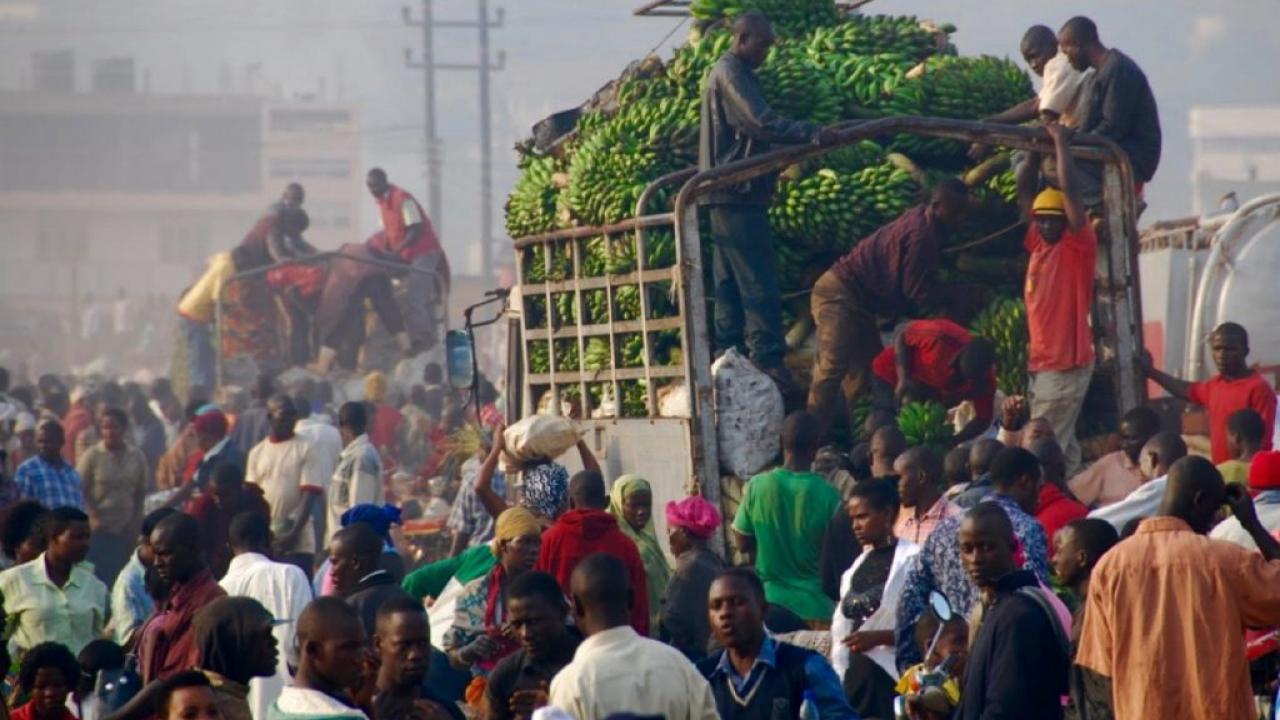
East African grain markets are plagued by poor integration. In the face of growing food demand from a burgeoning population, poor roads and infrastructure frequently get much of the blame for the isolation of African food markets. However, price data from the region show that the impact of commodity price variation regularly exceeds estimates of transport costs. This suggests that the most likely culprits for poorly integrated markets are imperfect information and contractual uncertainty, which both lead to high search costs and high costs of getting information from intermediaries.
Poor market integration has potentially severe welfare costs in numerous dimensions. Farm-gate prices are depressed on average but are highly volatile in the face of local production shortfalls. The time-path of prices means that typical households are selling when prices are low and buying when they are high. A combination of sophisticated contracting and information technologies may be able to overcome these problems, but several recent studies have illustrated that one-dimensional approaches are likely to be ineffective.
Project Summary
Researchers funded by the Feed the Future Innovation Lab for Assets and Market Access will use highly scalable technologies to develop a suite of tools and methods that measure both the shallowness in African food markets and offer solutions to deepen markets. The three prongs of the study work to simultaneously alter intermediaries, information and the contracting options available in food markets.
First, the research team will work with AgriNet, the major private-sector supply chain company in Uganda, to implement a randomized expansion of their Commission Agents model across 15 districts of the country. Second, they will work with Innovations for Poverty Action, a major international research nonprofit, to implement a high-frequency market price survey using innovative SMS-based tools developed specifically for the project. Third, they will collaborate with Kudu, a digital food trading platform developed by computer scientists at Makerere University. This will allow farmer groups to sell directly to major buyers with market contracts that are optimal for both sides.
Anticipated Impacts
With this multifaceted approach this study will help to increase food security for consumers who face expensive or unavailable grain supplies during the lean season. It will also promote more integrated markets, with smoother food supply across seasons and improved livelihoods for smallholder farmers. This project offers concrete potential for scale-up by demonstrating that a high-tech approach to market intermediation can work at the nexus of technological innovation and information economics to pioneer novel solutions to age-old problems of intermediation.
